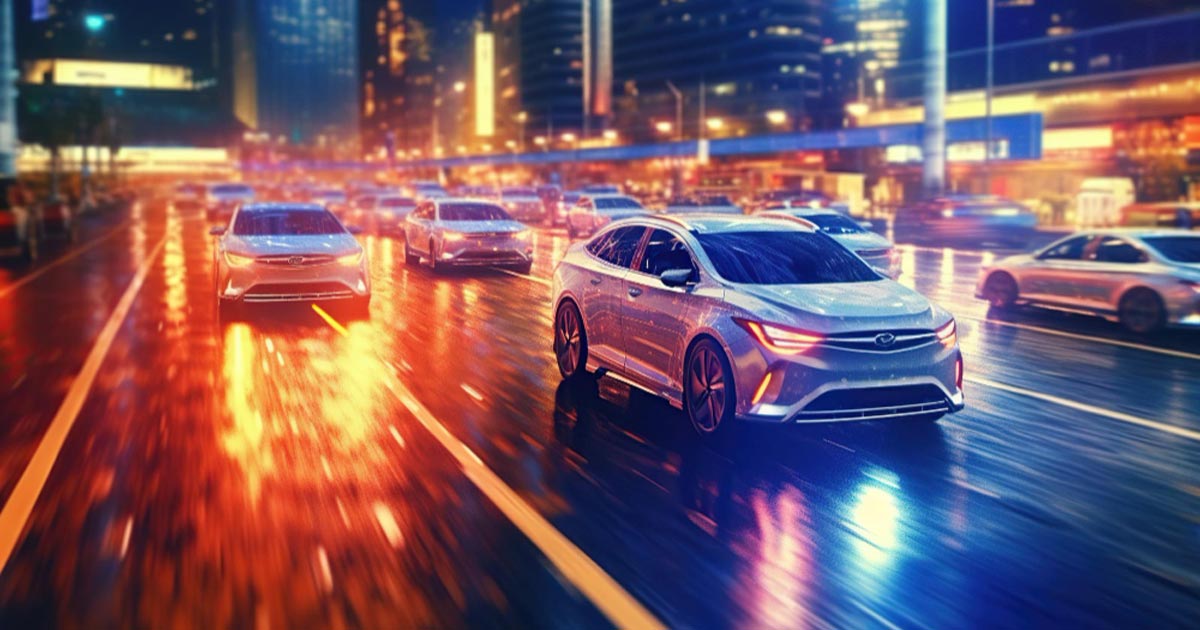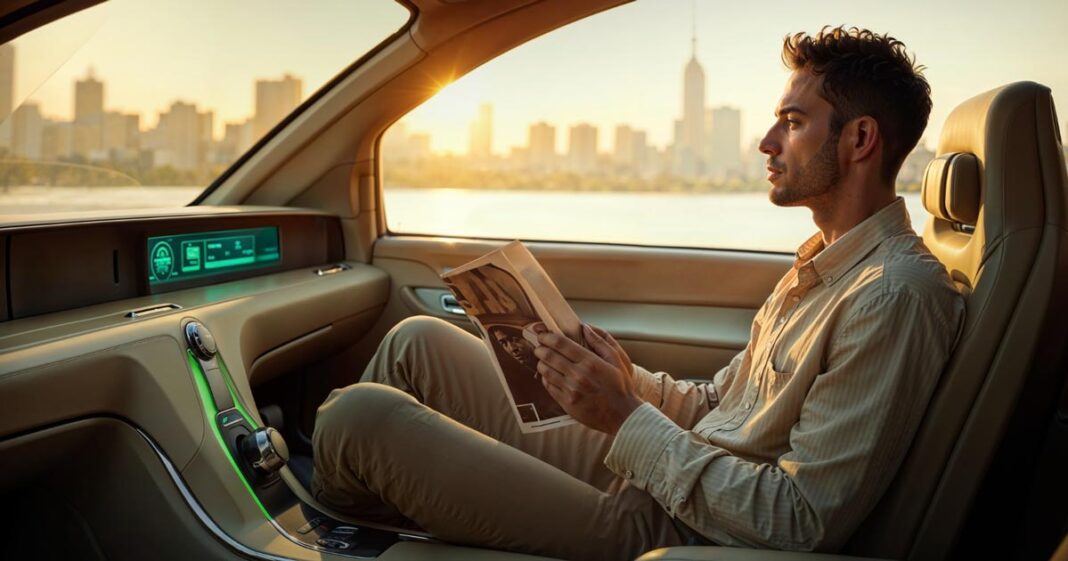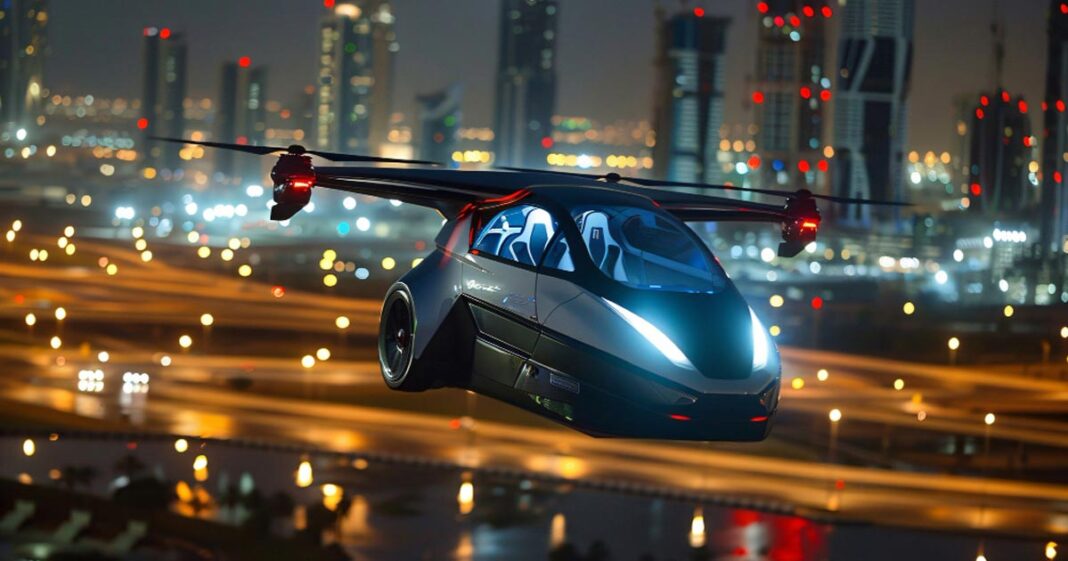
Once upon a drive, your car just took you from point A to B. In 2025, it knows where you’re going, how fast to get there, and if you’re sleepy behind the wheel. No, it’s not magic—it’s AI behind the wheel.
Artificial Intelligence has quietly shifted gears in India’s automobile industry. From intelligent assistants to predictive diagnostics and real-time traffic sensing, AI isn’t just changing the way we drive—it’s redefining what it means to be behind the wheel.
Welcome to the era where your car might know you better than your best friend.
What Is AI in Cars, Really?
In simple terms, AI in vehicles refers to systems that learn and make real-time decisions based on data—whether from cameras, sensors, or your own voice commands. It powers features like:
- ADAS (Advanced Driver Assistance Systems)
- Autonomous driving
- Predictive maintenance
- Voice assistants (think Alexa, but in your car)
- Emotion detection & drowsiness alerts
- Route and traffic optimization
India’s automakers are now integrating AI across both high-end EVs and mainstream models.
Meet India’s AI-on-Wheels Champions
- Tata Motors: Bringing AI to the Masses
Tata’s latest EV models, like the Curvv and Nexon EV Max, come with an AI-powered ZConnect 3.0 system. It learns your driving habits, suggests optimal routes, and sends health diagnostics directly to your phone.
Award Highlight: Tata Motors received the “Smart Mobility Innovator of the Year 2025” at the Mobility India Summit for AI integration.
- MG Astor & Hector: The Original AI Talkers
Remember when MG made waves with ‘Jivi’, the in-car AI assistant? That British-Chinese fusion is still ahead, with MG’s 2025 models offering AI avatars on dashboards that can read facial expressions and detect if you’re feeling unwell or sleepy.
Viral Moment: In early 2025, an MG Astor driver’s AI system auto-called emergency services after detecting a health anomaly—saving the man’s life. The story trended on India Today.
- Mahindra’s XUV.e8: Military Grade AI
Inspired by Mahindra’s defense vertical, the XUV.e8 uses Level 2+ ADAS with machine learning to adapt to Indian roads, potholes, and even the infamous Delhi traffic chaos.
Indian Innovators on the Global Map
Amit Bansal, Pune
A former student from Symbiosis University, Amit co-founded DriveIQ, an AI startup that powers real-time risk detection for cab aggregators like BluSmart. In 2024, DriveIQ was acquired by a Singapore-based mobility firm for ₹78 crore.
Recognition: Featured in Forbes India’s 30 Under 30, Tech & Innovation category.
Real Impact on Indian Roads
- AI Predictive Alerts in EVs reduced breakdowns by 23% in 2024 (Autocar India).
- Drowsiness Detection Systems in intercity buses helped reduce night-time accidents by 18% (The Hindu).
- AI-enhanced traffic light systems in Bangalore cut average intersection wait times by 12% in pilot zones.
Autonomous Cars: Not So Sci-Fi Anymore
While full self-driving cars aren’t street legal in India yet, semi-autonomous features are in many premium EVs:
- Lane Keep Assist
- Adaptive Cruise Control
- Emergency Braking
- Parking AI
Hyundai, Tesla (via imports), and Kia are all pushing boundaries here.
Colleges Are Getting in on the Action
In 2024, IIT Madras launched a dedicated AI for Mobility Research Lab, working with Bosch and Ola Electric. Their project? An autonomous autorickshaw prototype designed for congested Indian lanes.
Professor Sneha Iyer, lead researcher, told The Economic Times:
“We’re not building Teslas. We’re building tech that understands a cow crossing the road or a sudden festival procession—things uniquely Indian.”
A Common Man’s Upgrade
Ravi Saini, a school van driver in Jaipur, upgraded to a Tata Nexon EV Max in early 2025, motivated by its AI-based driver behavior tracking and child presence alert system. “I feel safer with kids in the back now,” he said in an interview with Dainik Bhaskar. He’s now educating others in his community about AI in cars.
Bollywood’s AI Drive
In the 2025 film “Driverless Dil”, actor Rajkummar Rao plays a ride-hailing AI engineer whose autonomous cab develops a crush on its owner (voiced by Alia Bhatt). While fictional, the movie touched real debates on privacy and emotional AI—making it a surprise box office hit and raising awareness on AI ethics.
Any Downsides?
Yes—AI in cars isn’t all rosy:
- Data Privacy: Your location, habits, even moods could be tracked.
- Tech Dependency: Overreliance can dull human judgment.
- False Positives: Indian roads are unpredictable, and even the best AI can misread a wedding band as a roadblock.
The Road Ahead
By 2030, 70% of new cars in India will have some form of AI integration (McKinsey India Report). Government think tanks like NITI Aayog are already drafting ethical AI guidelines for smart mobility.
Final Thought: The Wheel Has Turned
Cars in India are no longer machines. They’re learning, evolving, and watching out for us—even when we’re not watching the road. The auto revolution isn’t just electric—it’s intelligent.
So next time your car suggests a chai break on a long drive… it’s not being nosy. It’s just being smart.





